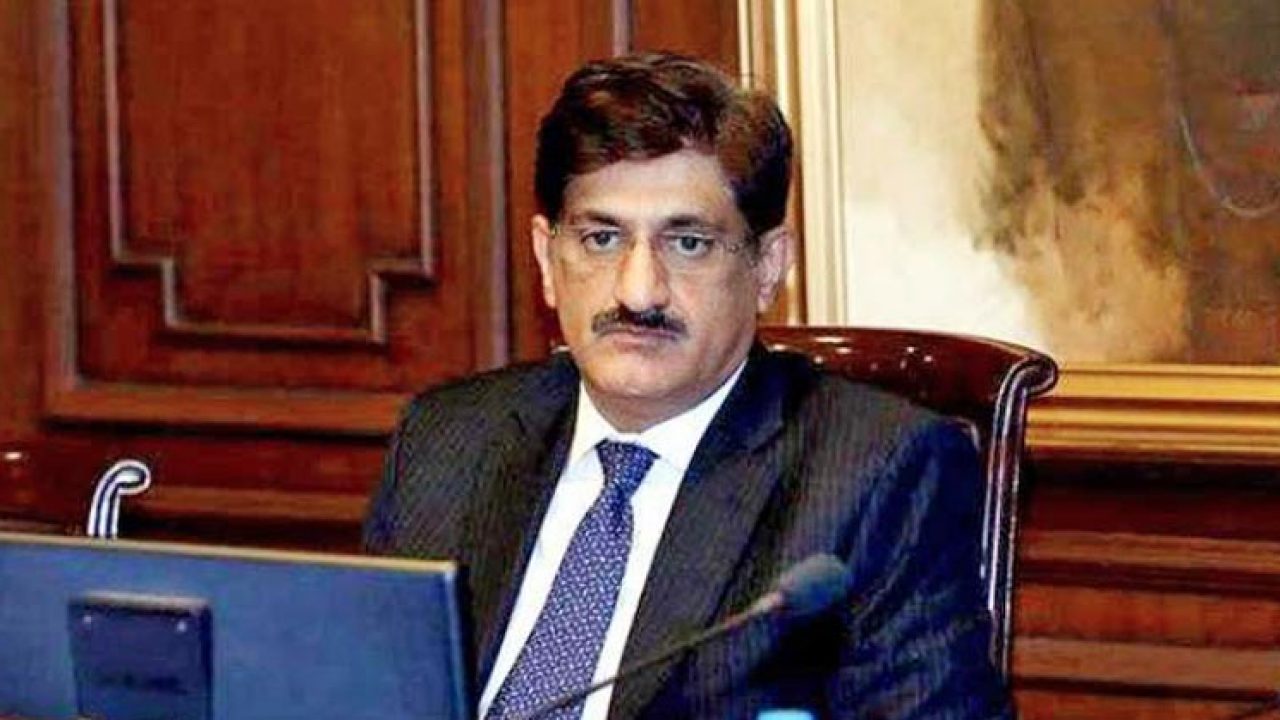
Sindh Chief Minister Murad Ali Shah said on Thursday said that the provincial government “was worried that more cases of the novel coronavirus are being reported from slum areas”, after informing the public that seven members of one family had been infected in Karachi.
In a video message, the chief minister said that initially, one person from the family had gone out and was infected. The disease then passed on to other members of the family, including a one-year-old boy and six-year-old girl.
He urged the people who were going out to receive ration bags or cash being distributed by the government, to take precautionary measures and practice social distancing.
He also shared that 92 new cases had emerged in the province over the past 24 hours, while 69 people had recovered. One more person had passed away.
He said that 1,380 pilgrims had arrived in Sindh, out of whom 1,108 tested negative. Even so, he said, they were quarantined for 14 days and had gone home yesterday.
Currently, the number of positive cases in Sindh is 1,128, out of which 349 have recovered.
He said that it would take a while for the lockdown to be lifted and once it is, industries and business would have to ensure that preventive measures are being taken.
Separately, the chief minister’s spokesperson said the standard operating procedures will be defined for each industry before lifting the lockdown. The final decision over the extension of the lockdown will be taken before its expiry on April 14 after consulting all stakeholders.
The Sindh government had imposed a lockdown for two weeks on March 23. It was later extended till April 14, in line with the federal government’s decision.
Earlier this week, however, doctors and experts had advised the chief minister to extend the lockdown in order to curb the spread of the disease. Experts from China said that an eight-week lockdown was crucial to prevent the virus from spreading.
During a meeting with the chief minister, heads of private hospitals and experts from China said that if the lockdown was lifted next week, the virus could spread at a faster rate.
They were of the view that a large population of the city comprised of slum dwellers living in small house with large families and travelling in public buses in crowds.
They said that if such kind of crowding was allowed, people would get infected in buses and on the streets and would take the virus back to their home and get their family members and localities infected.
The chief minister had said that he would consult with his cabinet and other stakeholders on the issue.



































































































